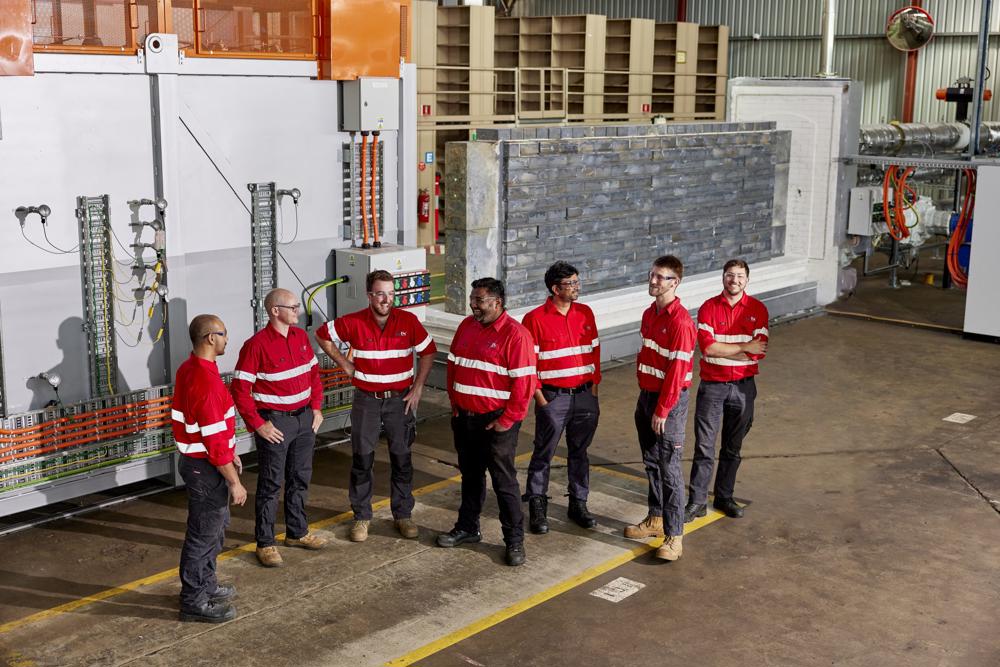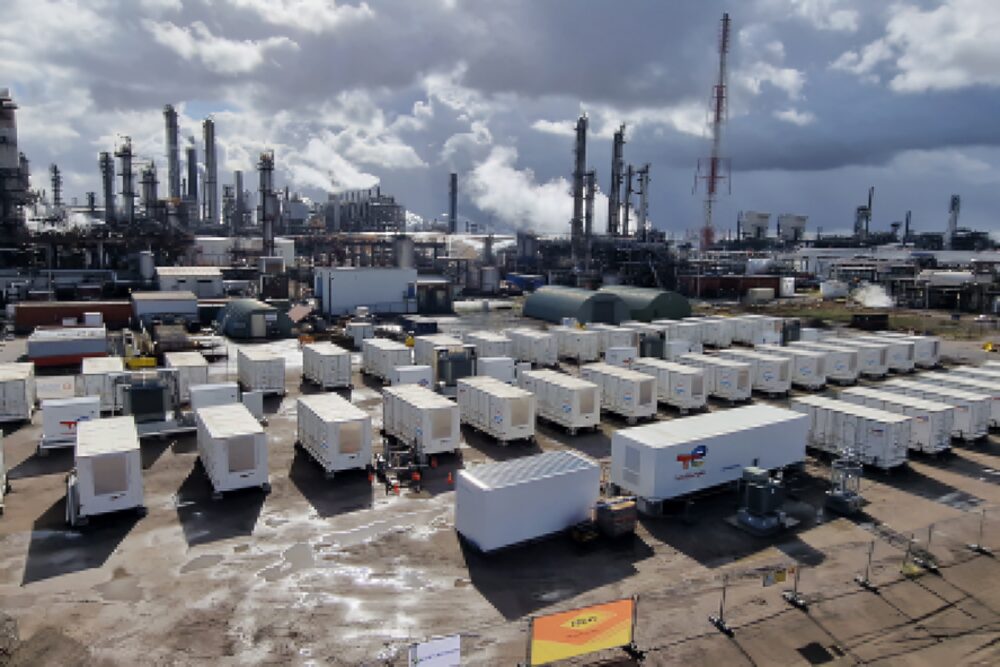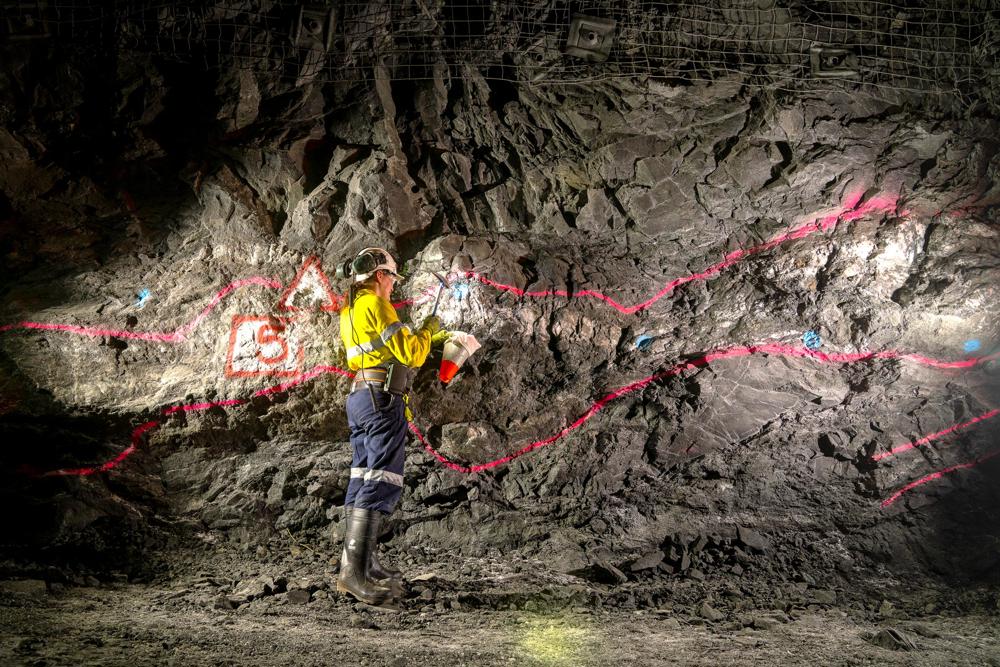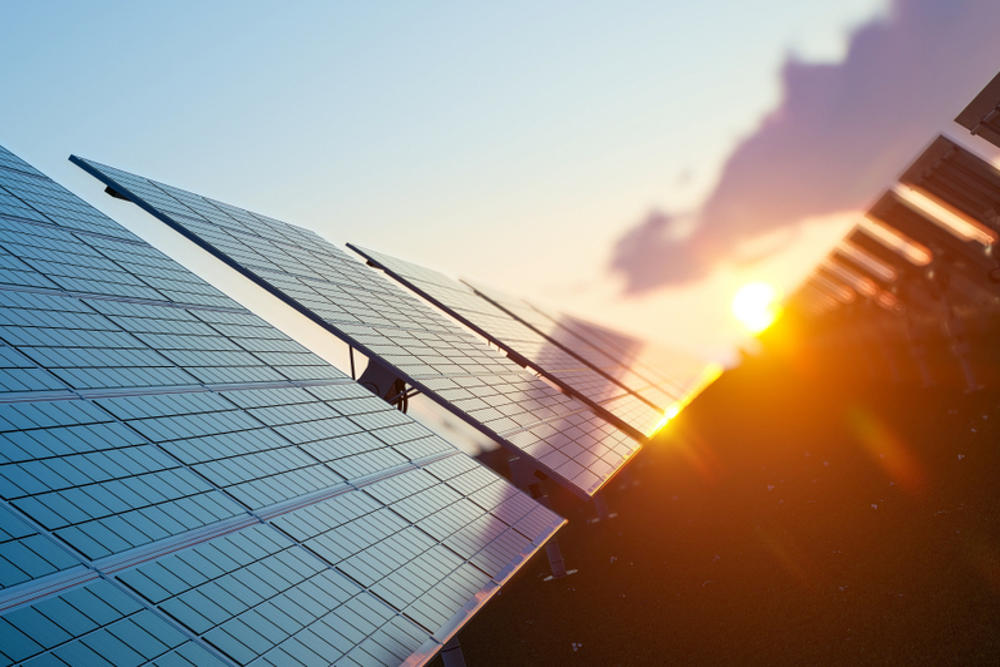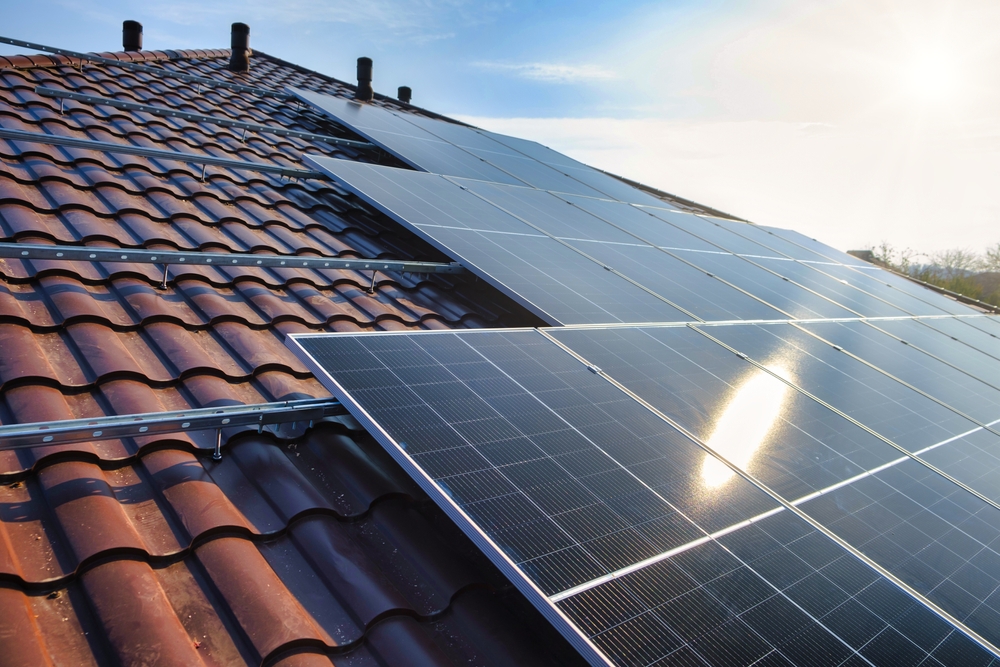
A share of the $20 billion being spent to connect renewable energy projects to the national grid should instead fund the extension of fringe benefits tax exemptions to cover not only EVs but also household battery storage, solar panels, and EV charging facilities, according to Partners in Performance.
Director Brian Innes said Australia’s plan to reach a renewable energy target of 82 per cent by 2030 was under threat.
“A range of factors including community opposition to large transmission lines criss-crossing their properties or traditional lands, a global shortage of construction materials, slow supply chains and a shortage of skilled labour, are all slowing down the rollout of renewable energy – and that’s only being made worse by burdensome state and territory planning laws and other red tape,” Mr Innes said.
“What we should be doing is prioritising our spending for speed.”
From 1 July 2022 employers in Australia did not pay fringe benefit tax (FBT) on eligible electric cars and associated car expenses. However, these associated car expenses do not extend to home charging stations, batteries, or solar panels.
Mr Innes said a report released by Energy Consumers Australia arguing for the transition from gas to renewable electricity found an energy-efficient home with solar panels, battery and electric cars could save householders $3500 a year by 2030 and $4320 by 2050 compared with a home using gas appliances and petrol vehicles.
“Australians want to play their part in driving down global emissions but are often prevented from doing so because of the high upfront costs of not only buying an EV but also the cost of a battery at home and the solar panels required to ensure the EV is actually being charged with 100 per cent renewable energy.”
Mr Innes said salary-sacrifice packages linked to novated car leases often covered the cost of fuelling a petrol or diesel-powered car.
“So why shouldn’t FBT concessions extend to the capital costs of ‘fuelling’ an EV,” Mr Innes said.
“If you buy an EV with a charger, then you should be able to include a household battery and solar panels as part of the salary sacrifice, because it’s used to charge the car instead of relying solely on coal or gas-powered electricity.
“And any excess solar-powered energy can then be stored in the battery and used to power the owner’s home after dark or fed back into the grid, further driving down emissions.
“By the next federal election cycle, wouldn’t it be better to take some of that $20 billion Rewiring the Nation funding and throw it at EVs and behind the meter power generation?
“Support home charging and controllable charging, support virtual power plants (VPPs), support aggregators.
“Governments are allowing the energy retailers to control the VPP space and much of the industry is saying, ‘let the aggregators at it; they will run with it, so give the money to the speedy ones’.”








